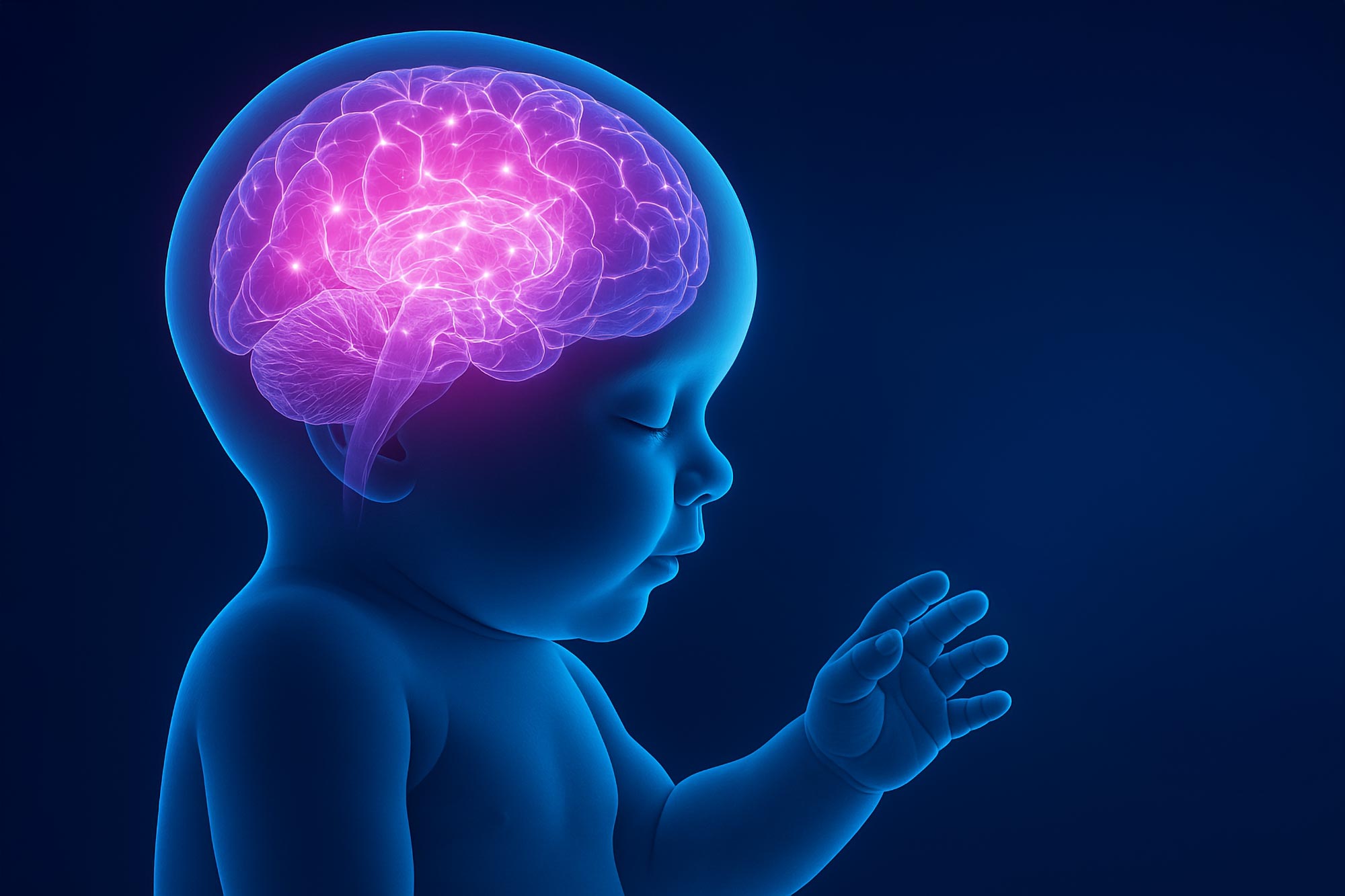Unlocking Childhood Secrets: Scientists Trace the Hidden Footprints of Your First Memories

The Mystery of Infant Memories: More Complex Than We Thought
For decades, scientists held a conventional belief that early childhood memories simply disappeared due to an underdeveloped brain. However, groundbreaking research from Yale University is challenging this long-standing assumption, revealing a fascinating new perspective on infant memory.
Recent studies using advanced brain imaging and eye-tracking technologies have uncovered a remarkable discovery: infants are capable of encoding and storing memories far earlier than previously believed. While these memories might seem inaccessible to us in later years, they are not truly lost—just hidden beneath layers of cognitive development.
Researchers have found that even very young babies can form and retain memory traces, suggesting our earliest experiences might be more deeply imprinted than we ever imagined. This revolutionary understanding transforms how we perceive infant cognitive capabilities and challenges traditional views of memory formation.
The implications are profound. Not only does this research shed light on early brain development, but it also hints at the complex and intricate ways our minds process and preserve information from the earliest stages of life.
As science continues to unravel the mysteries of infant cognition, we are reminded that the human brain is an extraordinary and continually surprising organ, capable of storing memories in ways we are only beginning to comprehend.
